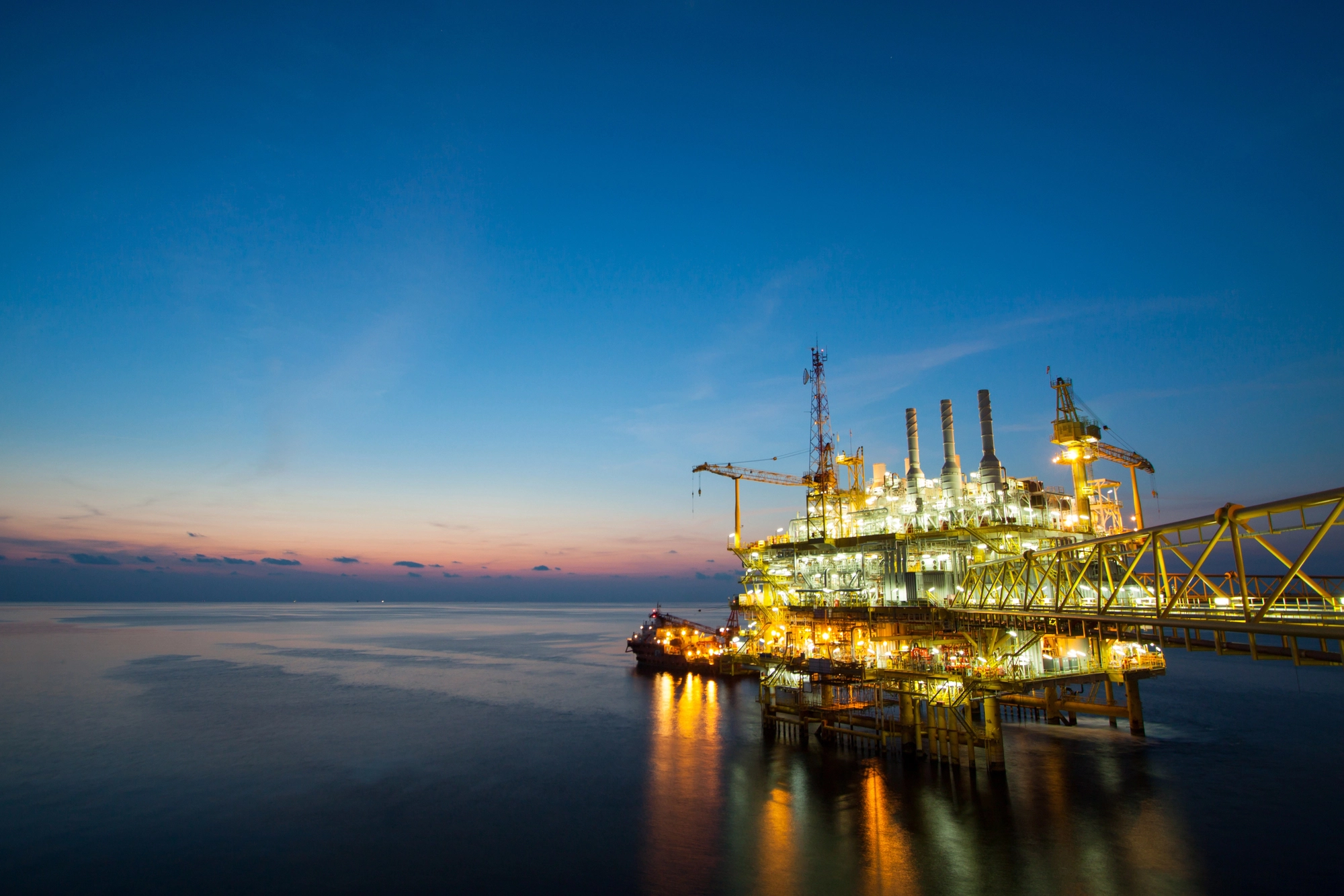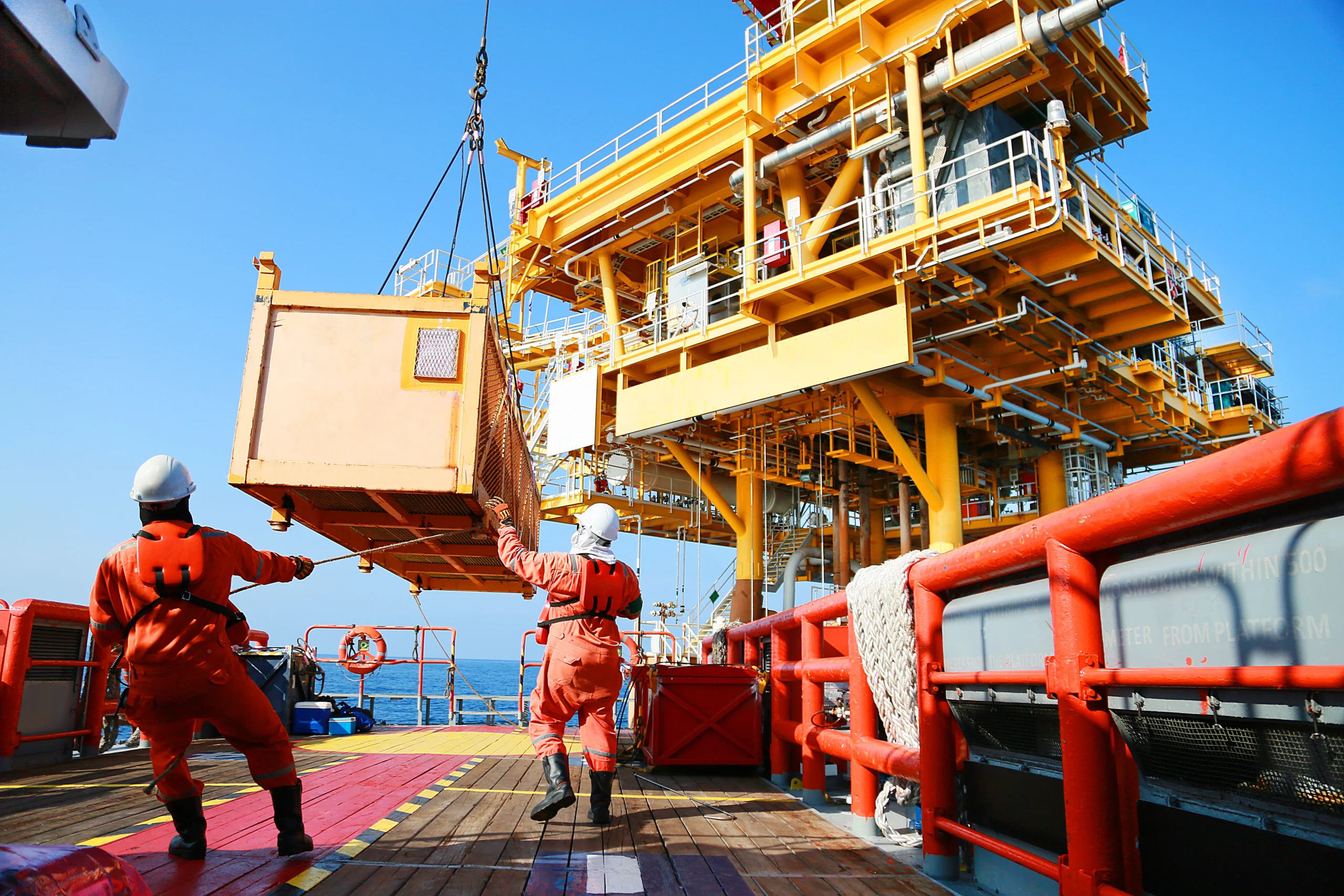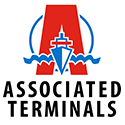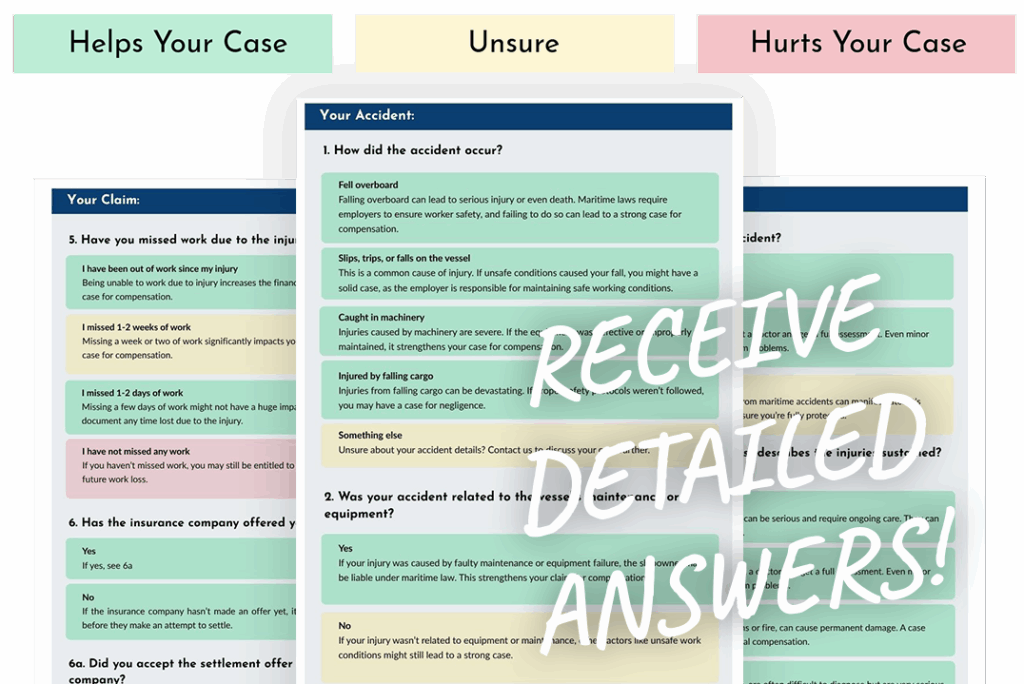Oil Rig Accidents
Over $1 Billion Recovered for Maritime Accident Victims. We are proud to have a reputation for aggressively fighting for the rights of injured workers.
New Orleans Oil Rig Accident Lawyers – Lambert Zainey
Working on an oil rig out in the Gulf of Mexico is tough, complex, and flat-out dangerous. These rigs are vital for energy, but things can go wrong fast. Fires, explosions, equipment breaking down, falls, or problems controlling the well can cause devastating injuries or even kill workers. When an accident happens on a rig, figuring out who’s responsible and which laws apply takes lawyers who really know offshore work.
Lambert Zainey’s New Orleans offshore injury lawyers have tons of experience helping workers hurt in serious oil rig accidents. We know the dangers, the machinery, the confusing mix of laws (like OCSLA, LHWCA, Jones Act), and the tricks companies use to pay less. If you or someone you care about got hurt because of unsafe conditions or carelessness on an oil rig, we’re here to fight for every penny you deserve.
Hurt in an Oil Rig Accident? Get Tough Lawyers on Your Side.
On This Page
Oil Rig Work: It’s Dangerous Out There
Offshore rigs – whether they’re fixed platforms stuck to the bottom, jack-ups standing on legs, or floating drillships – are packed with heavy machines, things that can catch fire or explode, and complicated jobs, often in bad weather. Workers face risks all the time, like:
Even with safety rules, accidents happen when companies are careless, equipment fails, or training isn’t good enough.
Which Laws Cover Oil Rig Accidents? (OCSLA, LHWCA, Jones Act)
The rules for rig injuries depend on what kind of rig it was and where it happened:
>> Learn About Jones Act Claims.
Figuring out the right law is the first step and takes lawyers who know offshore cases. See our main Offshore Injury page for overview.
Over $1 Billion Recovered for Maritime Accident Victims
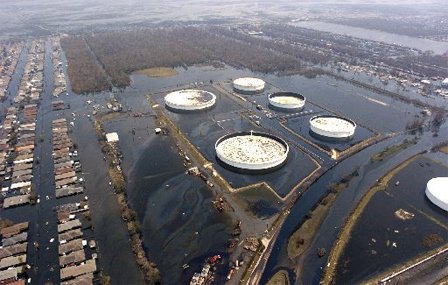
Oil storage tank rupture at the Murphy Oil USA refinery in Chalmette, LA. The fastest class certification and resolution of a case of its type and magnitude to date.
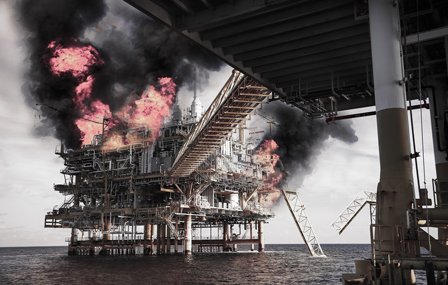
Arco cryogenic platform explosion caused by improper cold cut of Southern Natural Gas pipeline. Settlement for the injured and deceased in approximately twelve months.
Common Ways Accidents Happen on Rigs
We handle claims for all kinds of rig accidents, often caused by things like:
Fires & Explosions (Blowouts, Bad Equipment)
These are often the worst. Can be caused by losing control of the well (blowout), sparks igniting gas, bad electrical gear, or unsafe welding/cutting (“hot work”). Leads to terrible burns, often fatalities.
Falls (From Heights, Slips & Trips)
Falling from the derrick, decks, stairs, or scaffolds happens due to missing guardrails, slippery decks (oil, mud, water), bad lighting, or broken grating.
Getting Hit By or Caught In Things
Serious injuries from falling tools or pipes, swinging crane loads, or lines/hoses snapping loose. Getting limbs or bodies caught in machinery (draw works, tongs), pipes, or moving equipment.
Drilling Gear Breaking Down
Failure of top drives, draw works, Blowout Preventers (BOPs), pipe handling machines, mud pumps, or safety systems causes bad injuries. Often happens because maintenance wasn’t done right.
Well Control Problems & Blowouts
Losing control of well pressure lets oil and gas shoot out, risking massive fires or explosions. Usually caused by bad training, bad procedures, or faulty equipment like BOPs.
Rig Structure Problems (Failures, Collapse)
Rust, bad design, poor upkeep, or giant storms can make parts of the rig, or the whole thing, collapse.
Breathing Bad Stuff (Chemicals, Gas)
Exposure to harmful drilling muds, chemicals, or poisonous gases like H2S (Hydrogen Sulfide) can damage lungs, burn skin, or poison workers. Happens when there’s not enough fresh air or proper safety masks (PPE).
Why Choose Lambert Zainey for Your Rig Accident Case?
Handling tough oil rig cases takes the right skills:
Common Questions About Oil Rig Accidents
Working on an oil rig can be dangerous, and injuries are often serious. This section answers key questions to help you understand your rights and what steps you can take after an accident.
What Our Clients’ Say About Us
NATIONALLY RECOGNIZED ATTORNEYS
CONTACT US
Our experienced attorneys are here to guide you through every step of the process, from initial consultation to settlement or trial.
Free Case Review
Fill out the form below to contact Lambert Zainey and schedule a free, confidential consultation and discuss your case with an experienced attorney.


